For a greener, more decarbonized world, Átomo Capital Partners develops projects for major investors or renewable energy producers in Portugal.
In the case of small and medium-sized enterprises (SMEs), despite the initial investment, “by generating their own energy through self-consumption systems, SMEs can drastically reduce their energy costs, thus reducing their dependence on the conventional electricity grid,” says José Campos e Sousa, Business Development at Átomo Capital Partners, in an interview with PME Magazine.
PME Magazine (PME Mag.) – How did Átomo Capital Partners come about and how does it work?
José Campos e Sousa (J. C. S.) – Átomo Capital Partners arose from the desire to participate actively in the energy sector, especially at a time when there has been a significant revolution in the energy paradigm. The starting point for Átomo materialized with the perception of the great opportunities generated by the first solar auctions in 2019, and the team began to get involved at an earlier stage of preparation and anticipation of these competitive procedures.
Auctions have not only opened the door to new players, they have also contributed, in a way, to the democratization of the sector, attracting the interest of a wider range of entities, in addition to the large utilities that have historically dominated the market. In this context, Átomo’s purpose and ambition is to assist international investors and Independent Power Producers (IPP) in the integrated development of these projects, offering, with a view to one stop shop, knowledge and know-how of a multidisciplinary team with many years of experience in developing large-scale projects.
Átomo has consolidated its position as a valuable partner, playing a significant role as a developer of not only large-scale projects (solar, wind, hydrogen and batteries), but also in the field of self-consumption. In this field, our approach is based on applying our vast experience in developing energy production projects to meet the specific needs of commercial and industrial consumers, recognizing the significant potential for optimizing energy efficiency, reducing costs, increasing the competitiveness of companies and contributing to the decarbonization of the economy.
PME Mag. – What are the advantages and benefits of solar self-consumption for SMEs?
J. C. S. – By generating their own energy through self-consumption systems, SMEs can drastically reduce their energy costs, thus reducing their dependence on the conventional electricity grid. Although the initial investment in these systems may seem high, it actually translates into significant savings in the long term. With short payback periods and an average useful life of between 25 and 30 years, self-consumption plants offer an additional advantage related to predictability and cost stability. This allows SMEs to have a clearer and more consistent view of their long-term energy costs, making them less susceptible to fluctuations in fossil fuel prices and electricity tariffs.
For companies that do not have the capacity to make the initial investment, or that choose not to do so for strategic reasons, Átomo offers self-consumption solutions without the need for investment on the part of customers. We develop and supply self-consumption plants under the PPA (Power Purchase Agreement) modality, where a price per kWh is agreed that is indexed to the actual consumption of energy from the plant. This provides a viable alternative for companies wishing to take advantage of the benefits of solar self-consumption without compromising their financial resources.
In addition to the obvious economic benefits, there is a strong reputational dimension at play. Incorporating solar energy solutions demonstrates a commitment to sustainability and environmental responsibility, which can represent a significant competitive advantage in a market that is increasingly aware of these issues. This can lead to an enhancement of the brand and corporate image of companies, helping to improve their reputation with suppliers and customers.
PME Mag. – Are there any financial and tax benefits to promote the implementation of renewable energies by SMEs?
J. C. S. – The Portuguese government has played an important role in promoting the energy transition and the decarbonization of industry, especially through programas como o Plano de Recuperação e Resiliência (PRR). In recent years, subsidies and grants have been made available specifically for small and medium-sized enterprises, with the aim of encouraging more sustainable investments and projects that will increase the competitiveness of the business fabric.
Currently, although there are no open procedures and little visibility on the imminent launch of new calls, it is important to stress that government support will remain vital to boost the decarbonization of the business sector.
As for financial incentives, several financial institutions have made loans available at more favorable interest rates for investments considered sustainable. These loans offer SMEs the opportunity to invest in renewable energy, energy efficiency and other sustainable initiatives, with more accessible and advantageous financial conditions.
It is essential that companies are aware of the funding and support opportunities available, even if there is no imminent launch of new programs. Keeping abreast of government policies and staying in touch with financial institutions can be crucial to being able to take advantage of these opportunities when they arise.
PME Mag. – What financial return can an SME get from a self-consumption project?
J. C. S. –The financial return on a self-consumption project for an SME can vary depending on several factors, including the size of the system installed, the company’s energy consumption pattern, the initial cost of the investment and the current cost of the energy contracted with the supplier. However, self-consumption projects generally offer a very attractive financial return in the medium and long term.
In general terms, the return on a self-consumption project can be calculated based on the savings generated by reducing the company’s electricity costs. Based on the projects we have developed at Átomo, it is possible to achieve average energy bill savings of around 20% to 30%.
These savings are achieved mainly by reducing or eliminating the need to buy electricity from the grid, replacing it with electricity generated on-site. In cases where there is a surplus, it is also possible to inject it into the grid, thus obtaining additional remuneration for the energy that is not self-consumed, although this is not the main objective of this type of project. It is important to note that the financial return on a self-consumption project is not limited to direct savings in energy costs, but can also include intangible benefits such as a more sustainable and responsible corporate image, potentially resulting in greater customer loyalty and a competitive advantage in the market.
Interview by José Campos e Sousa – Business Development, published in PME Magazine, June 4, 2024.



